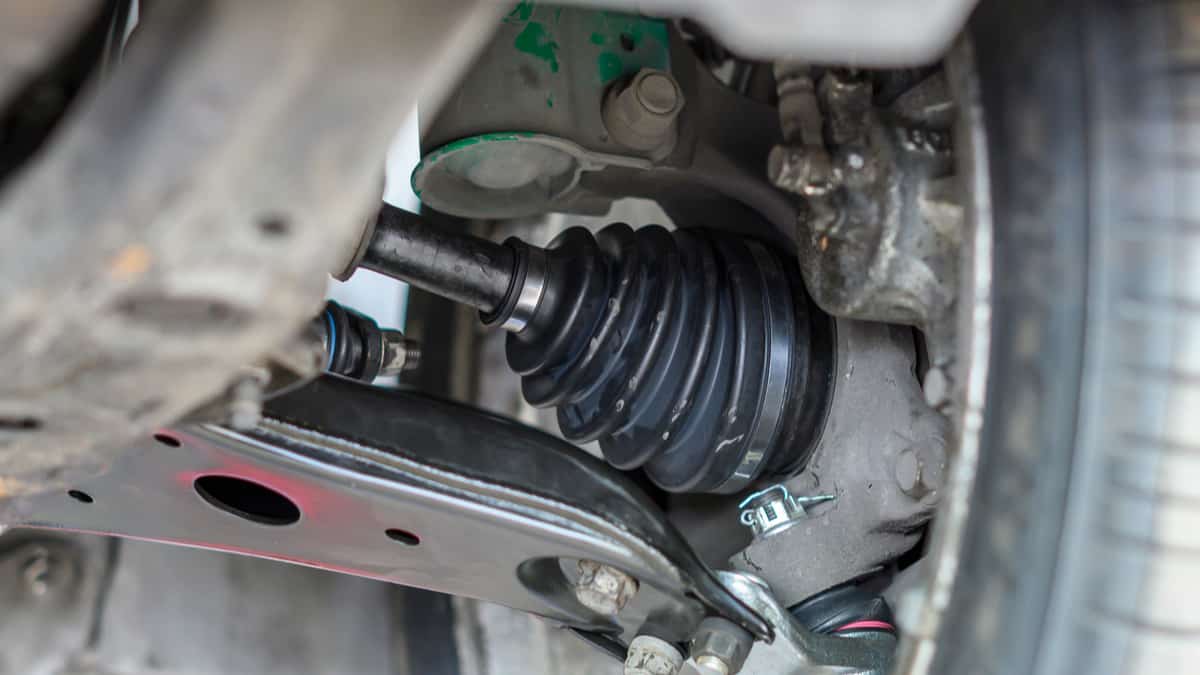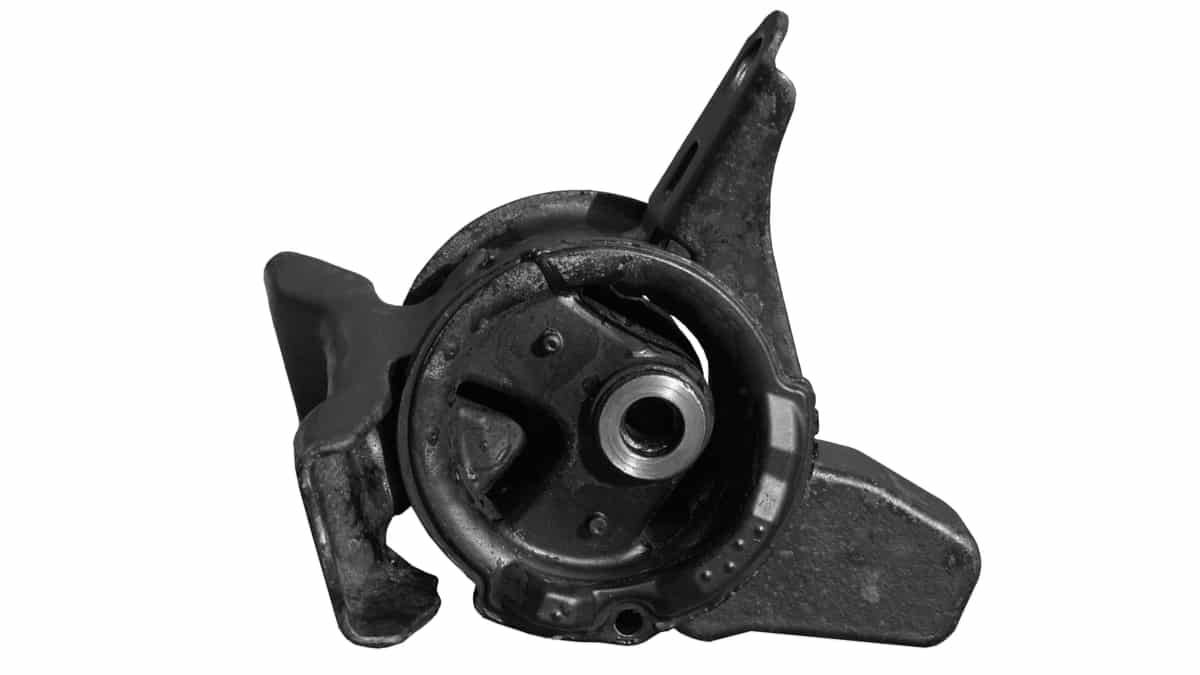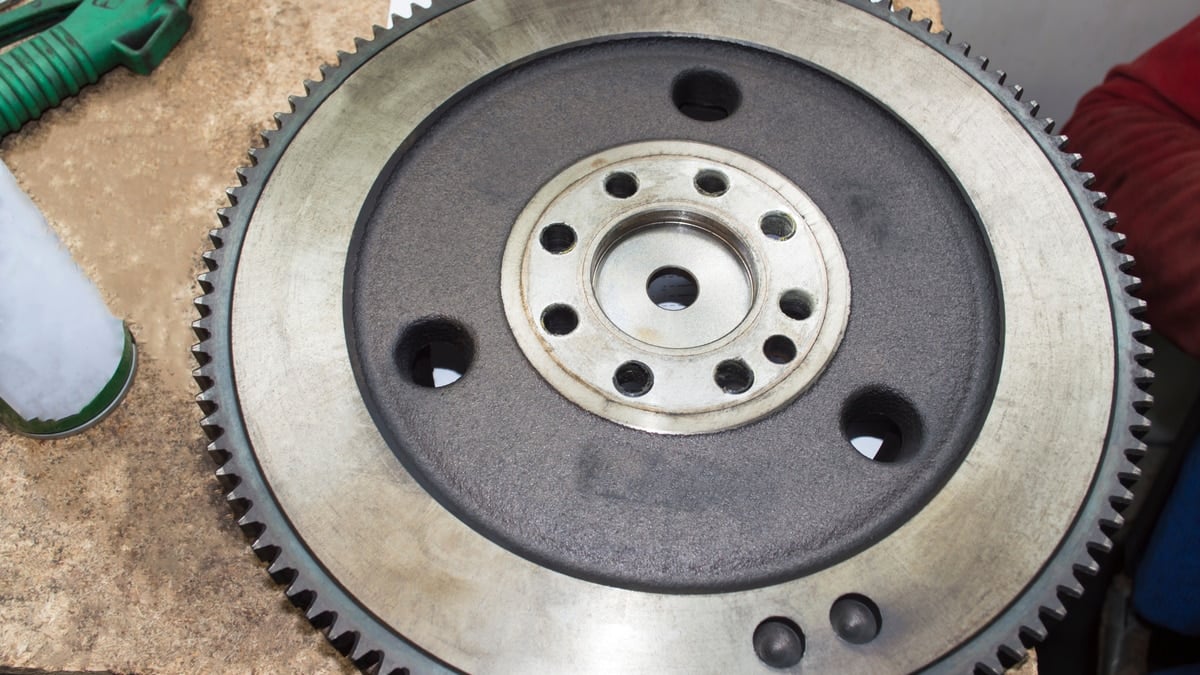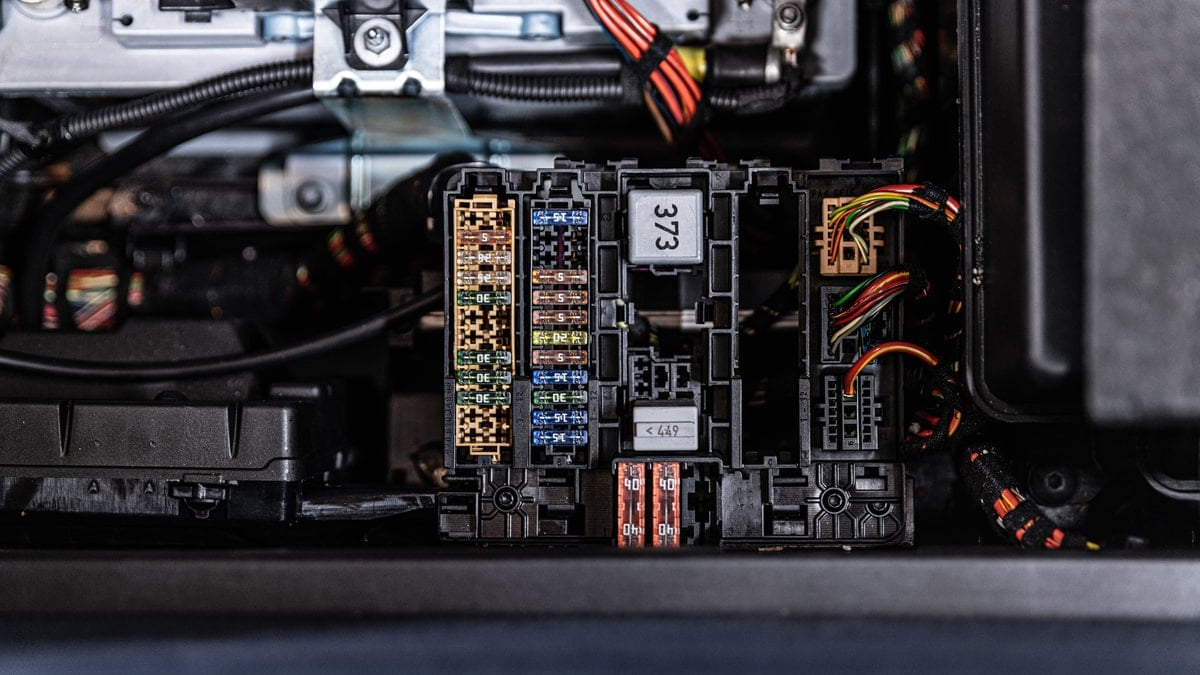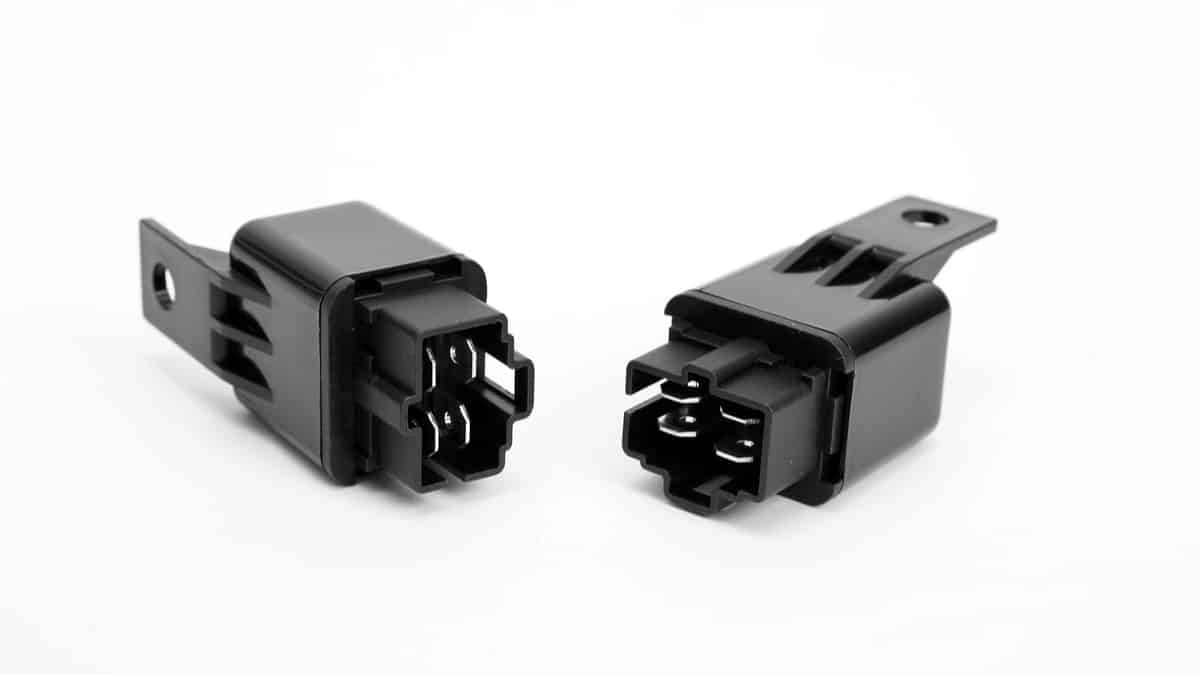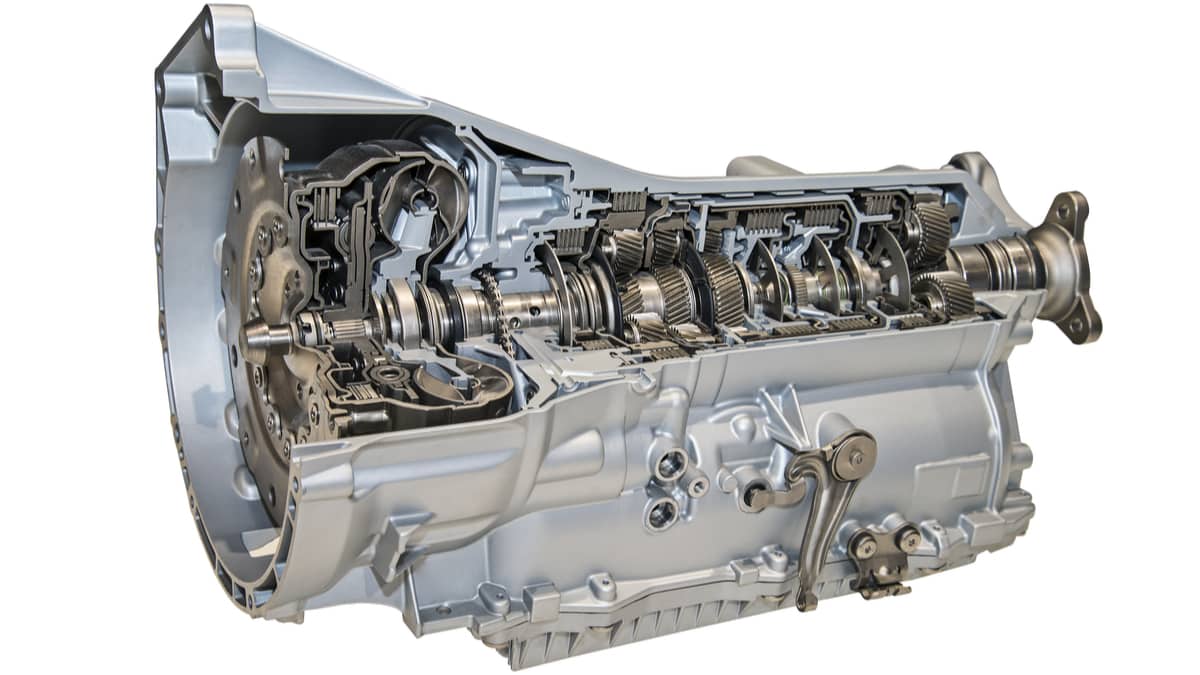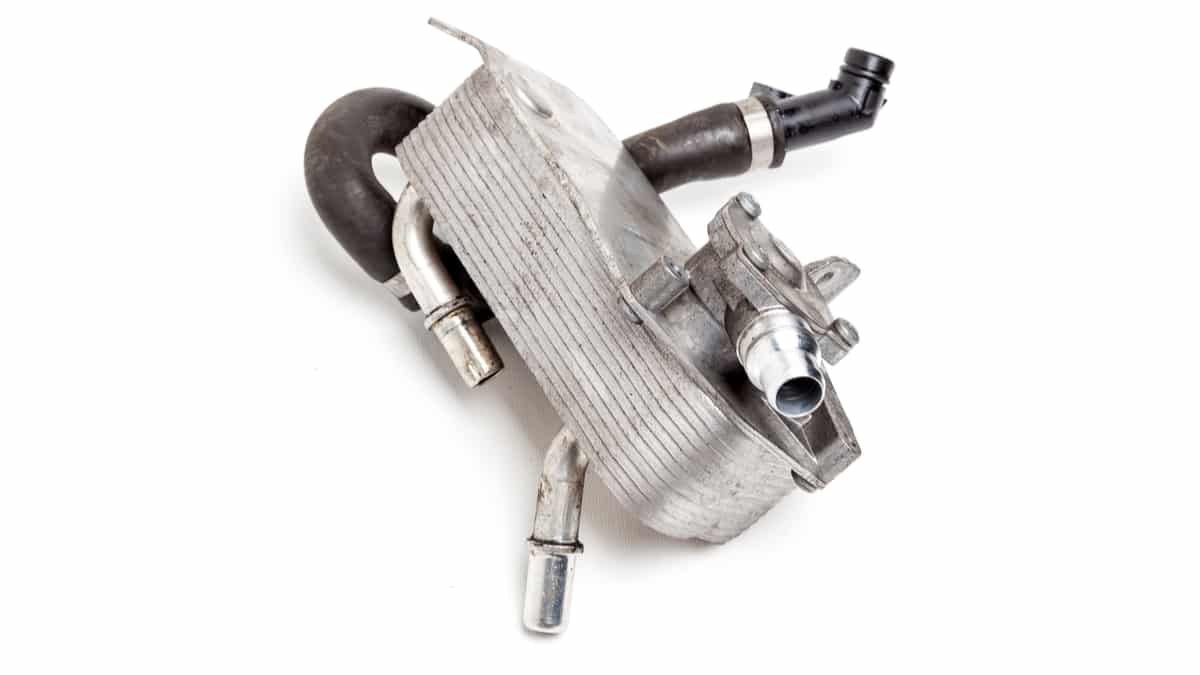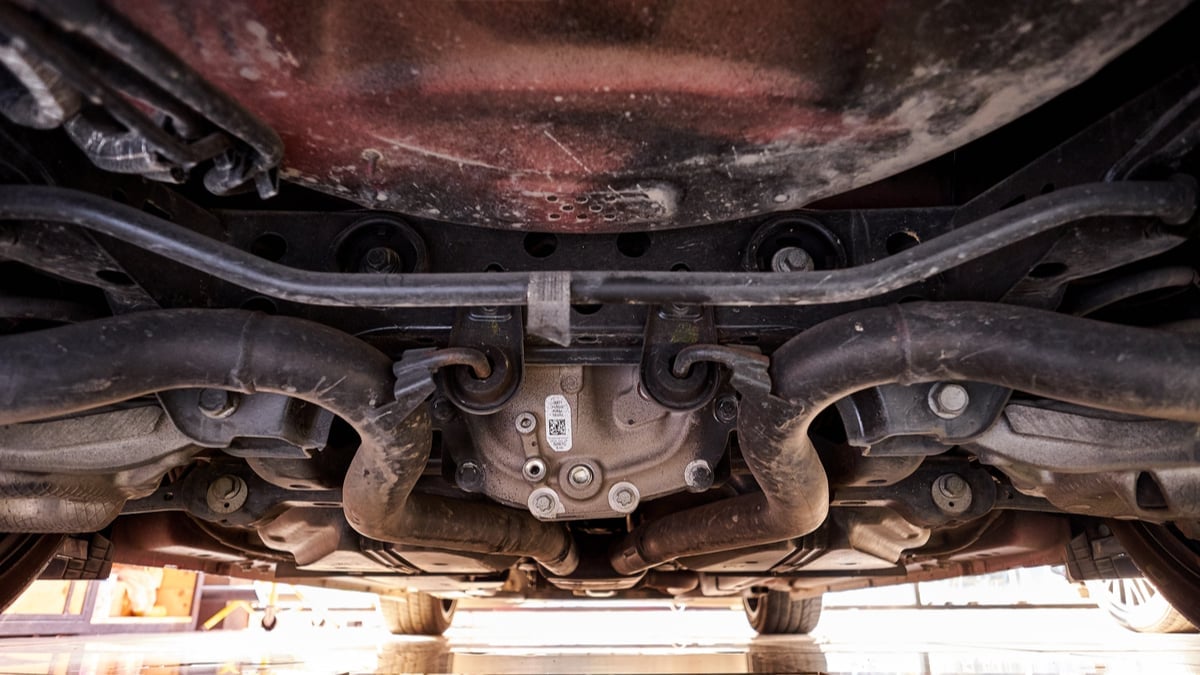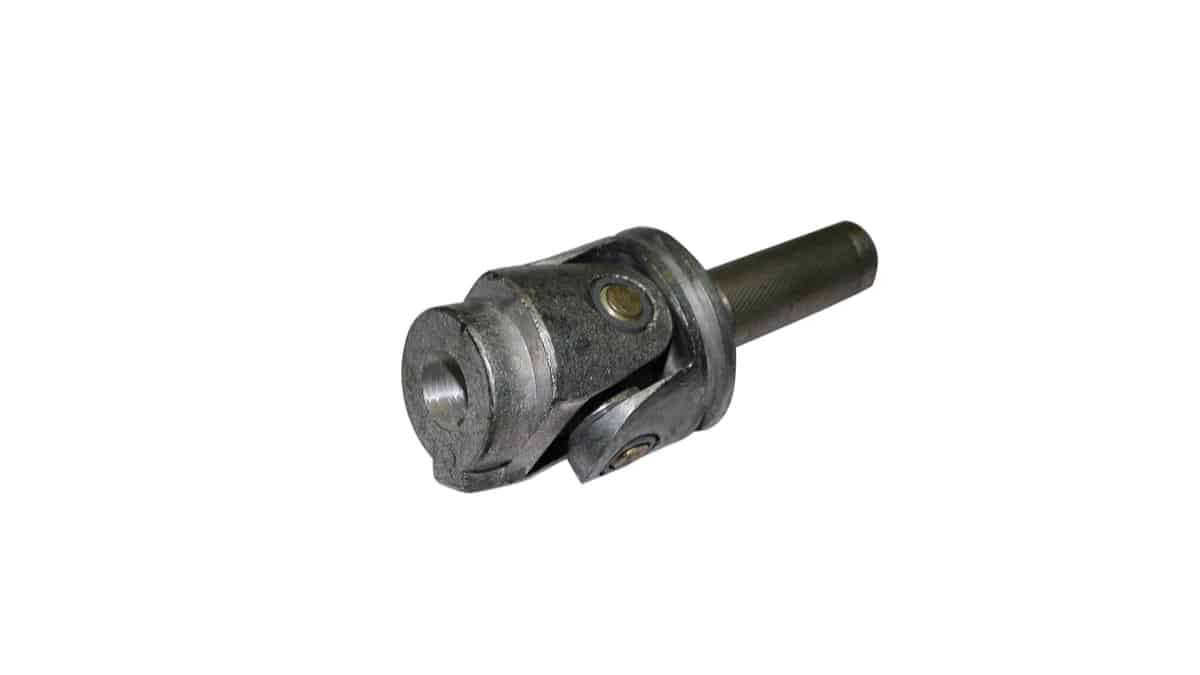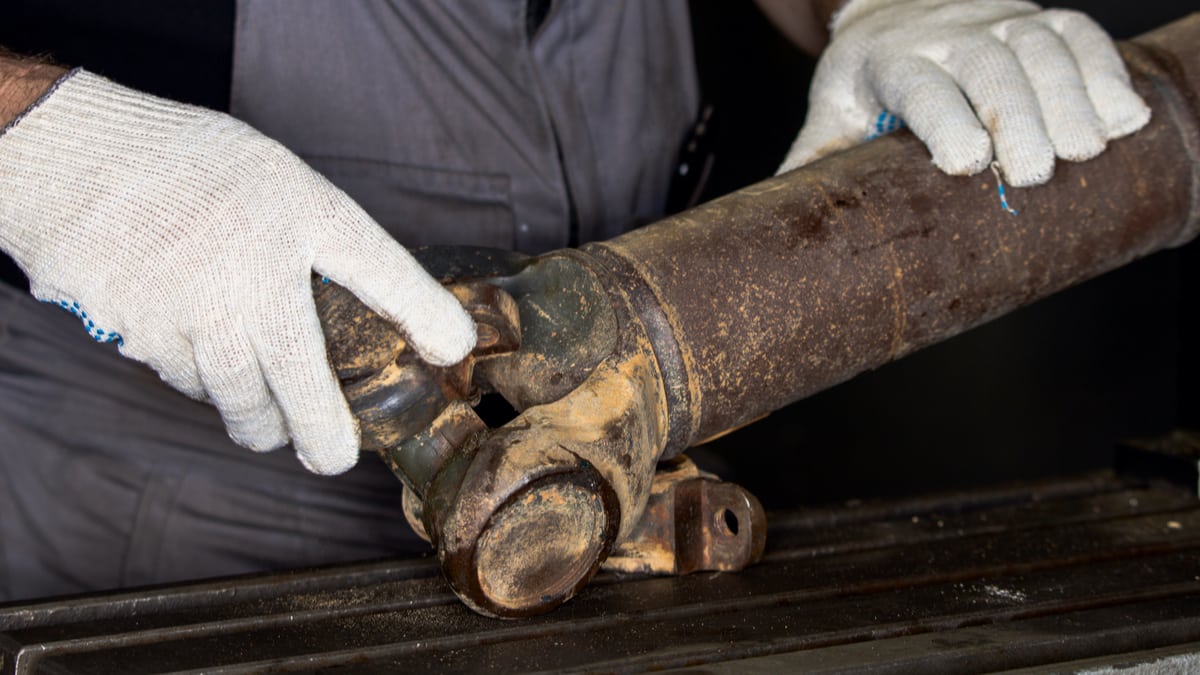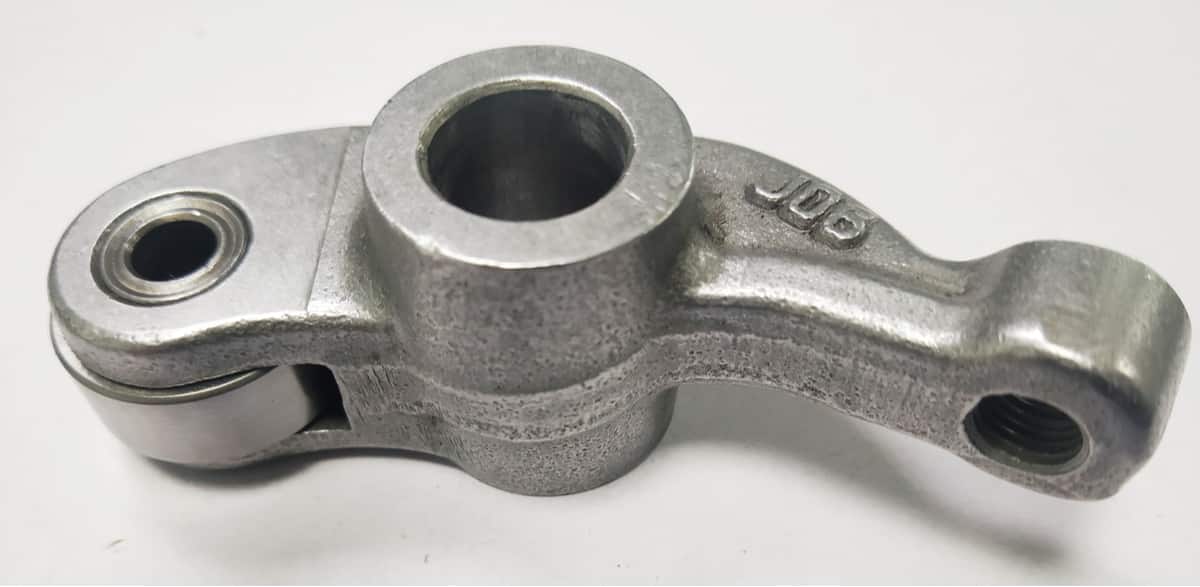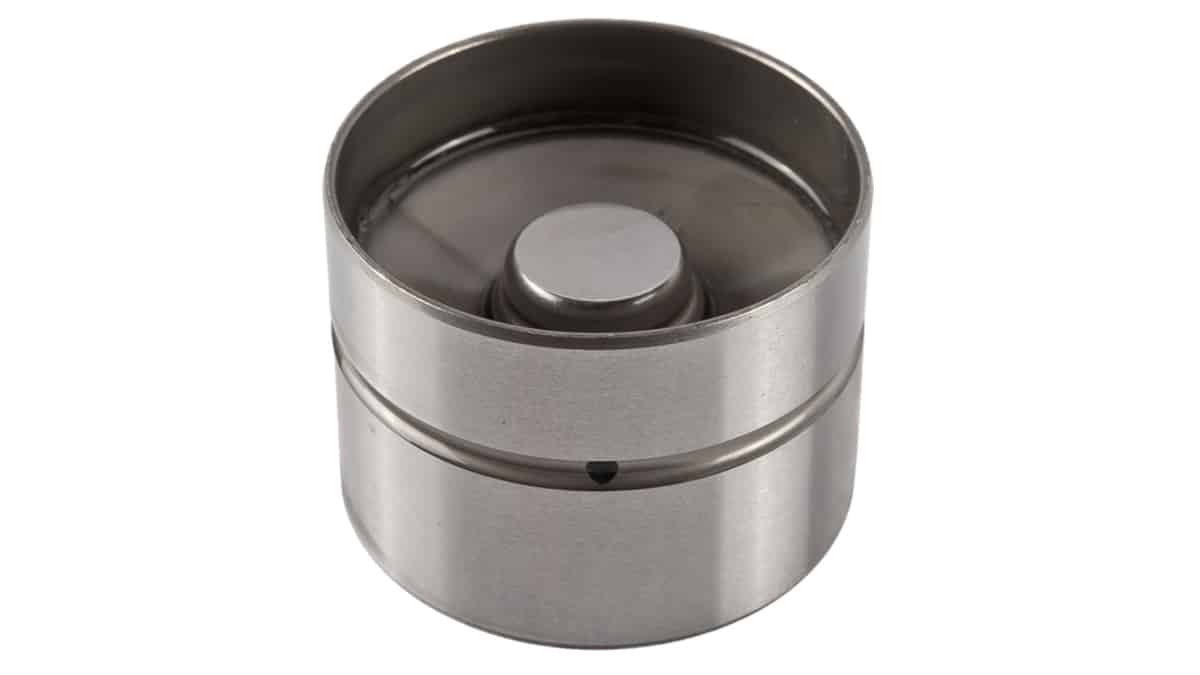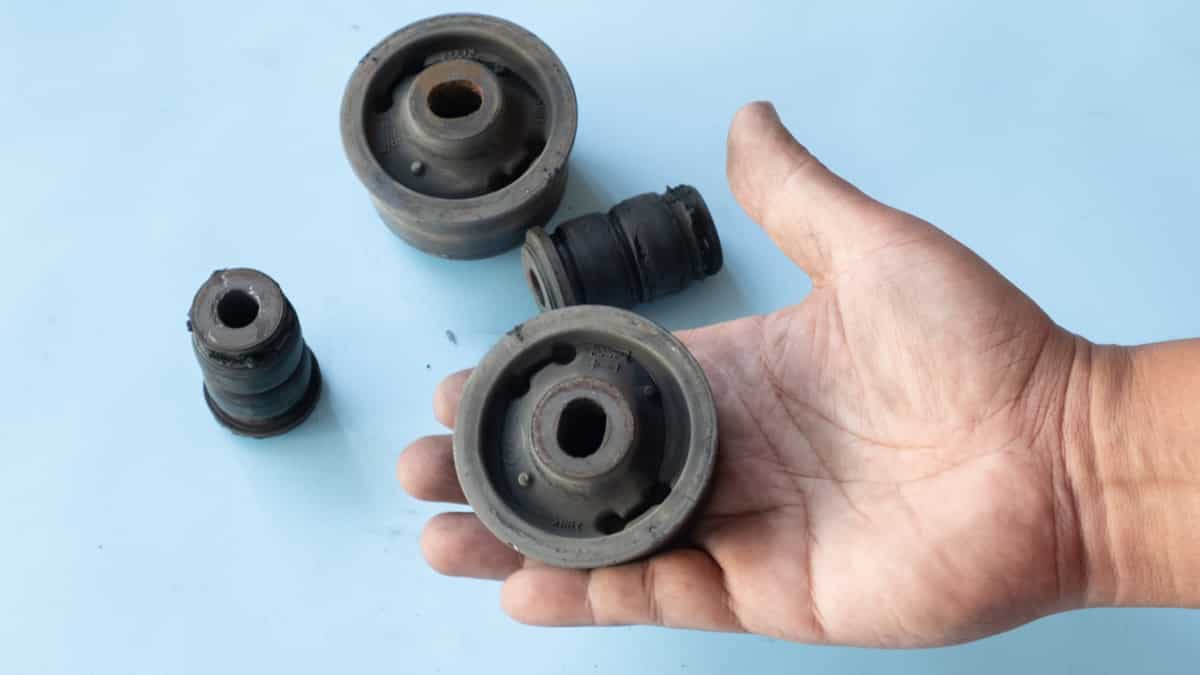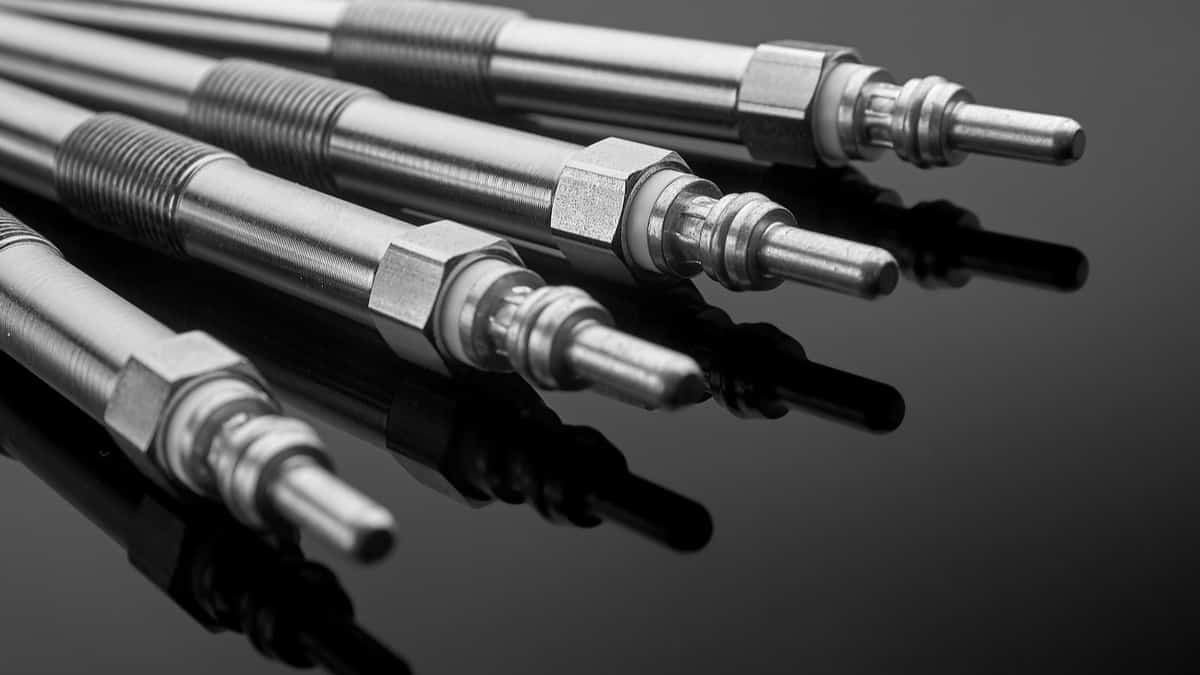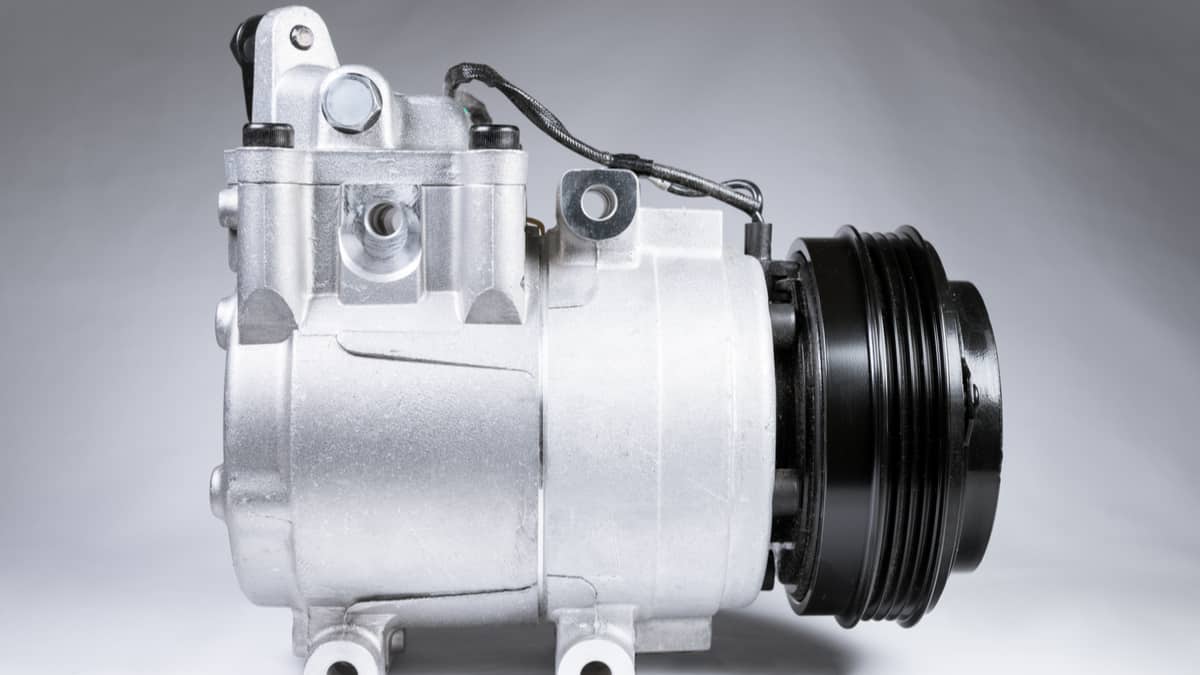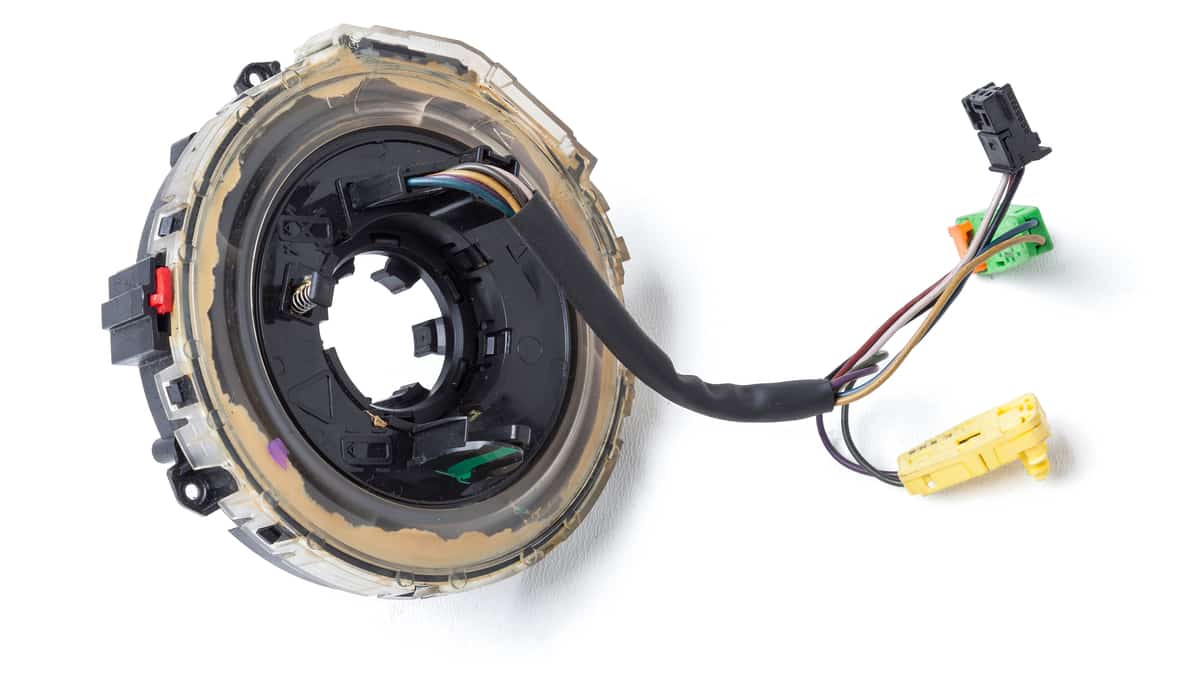The CV (constant velocity) joint is an integral part of the axle shaft. This part is vital because it affects the car’s ability to move forward or backward.
The most common cause of CV joint issues is a lack of grease, which means the part is not adequately lubricated. This is often caused by a broken CV joint boot. This inevitably leads to all sorts of debris getting into the joint, which causes significant wear over time.
It is important that you know about some of the symptoms of a bad CV joint. The sooner you are able to spot this issue, the less money you will end up spending on repair or replacement work. Let’s take a look at the signs first.
Symptoms Of A Bad CV Joint
The most common symptom of a bad CV joint is knocking noises while turning and accelerating simultaneously. You may also notice excessive vibrations from the suspension or other issues with the steering. You may also notice other issues controlling the vehicle.
Here is a more detailed list of the signs of a bad or failing CV joint to look for:
1. Knocking Noises While Turning

The most common symptom of a bad CV joint is knocking sounds from your car while turning. This can be due to the joints not being lubricated at all or simply being worn out. The louder the noise is, the closer you are to total breakage.
This is all the more reason for all car owners to listen carefully to the sounds their vehicle makes daily. It probably won’t be deafening at first, but it becomes more noticeable as the part’s wear increases.
This sound can also be described as a screeching metallic noise. It is often most noticeable when accelerating and turning the steering wheel. Once you notice this happening, it probably won’t be long until the part breaks completely.
2. Excessive Vibration

If you have a CV joint that is on its way out, you’ll probably notice a lot more vibration than usual. In some cases, these vibrations will be powerful and make normal driving virtually impossible.
This is when you need to take your vehicle in to get it looked at by a professional. Even a small amount of excessive vibration is cause for concern.
3. Problems with Steering
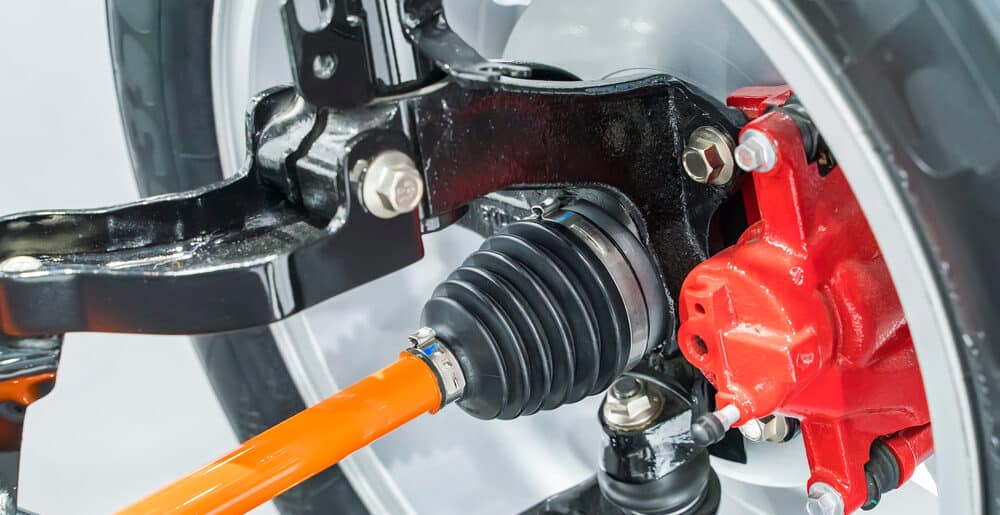
If it gets to the point where you have difficulty turning your car, the CV joint is most likely on its last legs. While there could be numerous explanations for steering problems, this particular part is often the culprit.
The real danger here is that your vehicle will stop going forward or backward completely if you snap the part.
4. Grease Leakage
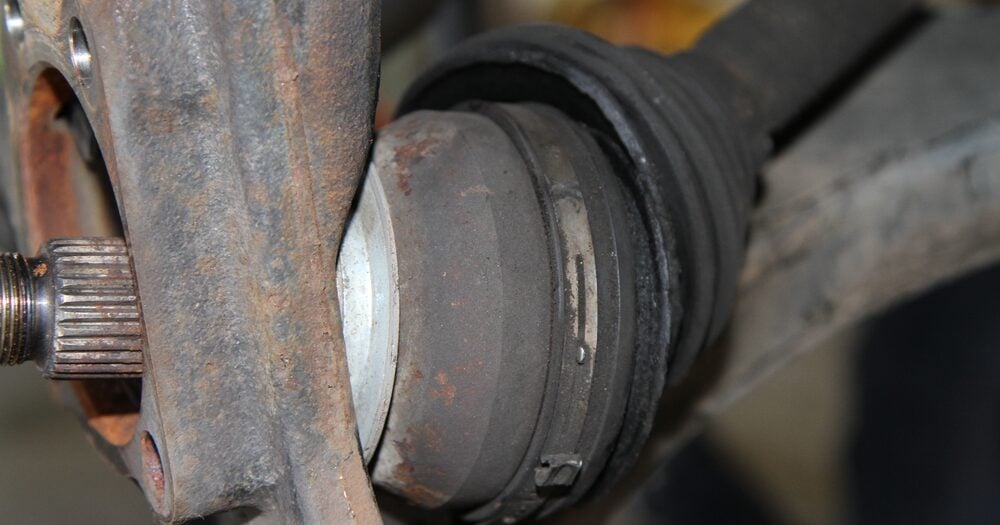
When you have a broken CV joint, grease tends to leak out from the boot. If you have noticed grease under your car or on your tires, you should take it in to get looked at immediately.
Often the CV joint will go bad because of a broken CV joint boot because dirt, dust and water have gotten into the CV joint and washed the grease away.
This is definitely one of the more common signs that you have a problem with the CV axle. If it has gotten to this point, an entire replacement is probably required.
5. Problems with Controlling the Vehicle

A lack of control when driving is often due to a worn out and damaged CV joint. This can be anything from issues with turning to maintaining a straight course on the road.
If you find that your car is especially bouncy, this could be a problem even on a flat road. The more the part wears out, the worse this will get. It can be extremely dangerous if the joint gets worn down enough.
CV Joint Location
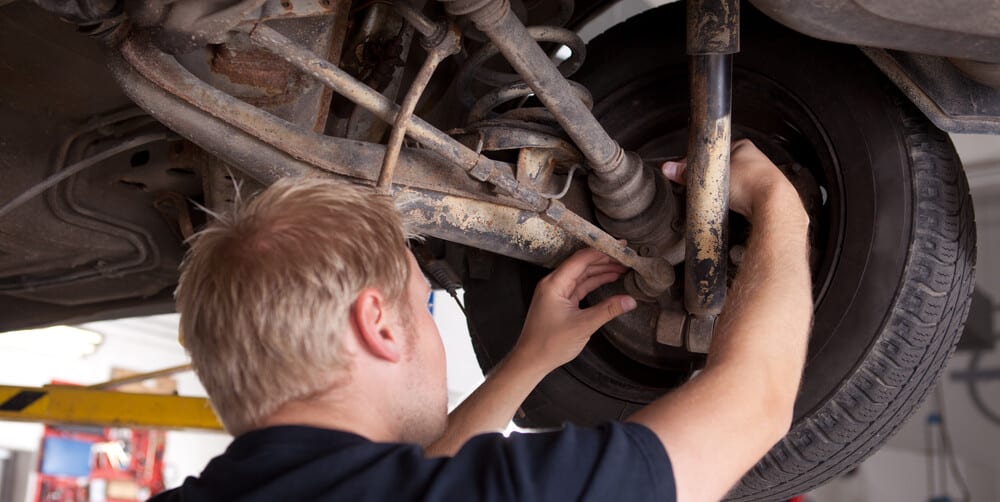
The CV Joint is located at the outer part of each suspension at the drive wheels, behind the brake discs and the wheel hub.
If you have a 4WD, you have a CV Joint on each wheel; otherwise, you have only one on each drive wheel.
The CV Joint is covered with a CV joint boot, making it difficult to see the CV joint itself without removing it.
CV Joint Replacement Cost
The average CV joint replacement cost is between $150 and $850, depending on the car model and labor costs. The CV joint price is between $50 and 150$, while the labor cost of a CV Joint replacement is between $100 and $700.
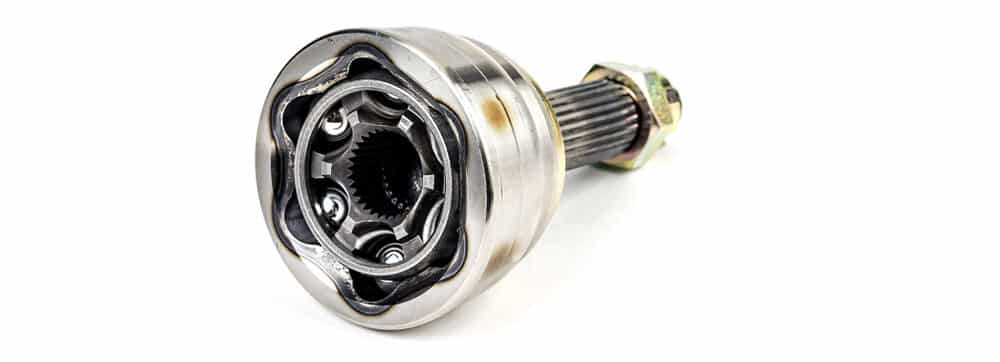
Several factors will affect the total cost if you need to get your vehicle’s CV joint replaced. You must consider these things before going forward.
Some of the things that will affect the cost of replacing this part include:
- The mechanic: You will need to find a skilled mechanic that can repair this part for a reasonable amount. It is a good idea to get estimates from a couple of different mechanics. This way, you can avoid paying more than you need to. The overall reputation of the shop you take your vehicle to is crucial as well.
- Car Type: Another factor that will affect how much you pay for this work depends on the type of car you have. In some cars, replacing the CV joint is quite straightforward, while in others, replacing it will be very difficult.
- Part Cost: The price of different CV Joints can be very different depending on the car model and the CV joint brand. Buying original parts is most often more expensive, but you will get better quality.
How long can you drive with a damaged CV joint?
There is no fixed distance you can drive with a damaged CV joint, as it depends on the severity of the damage and your driving style. It is important to have a CV joint repaired or replaced as soon as possible if it is damaged, as driving with a damaged joint can lead to more extensive damage and possibly even axle failure.
What does it sound like when your CV joint goes out?
A CV joint going out often makes a loud popping or knocking noise when turning and accelerating, and it can cause the car to shake or wobble. In severe cases, the joint may completely fail, which can cause the car to become undriveable.
What causes CV joint damage?
There are a few things that can cause damage to the CV joint, but the most common is a bad CV joint boot that allows dirt and water to enter the CV joint. Over time, the constant friction between the CV joint and the surrounding bones can also cause the joint to become damaged and worn down.
Is it hard to replace a CV joint?
Yes. Replacing a CV joint can be quite a difficult and greasy job if you are not familiar with working on cars. You may also need some special tools, depending on the car model. If you decide to attempt the replacement yourself, make sure you have all the necessary tools and knowledge required before starting any repairs.
How long do CV joints last?
The lifespan of a CV joint varies depending on the car model, the driving conditions, and the maintenance (greasing). However, they typically last around 70,000 to 120,000 miles. If you drive in harsh conditions, they may only last for around 50,000 to 70,000 miles.
Categories: Transmission
